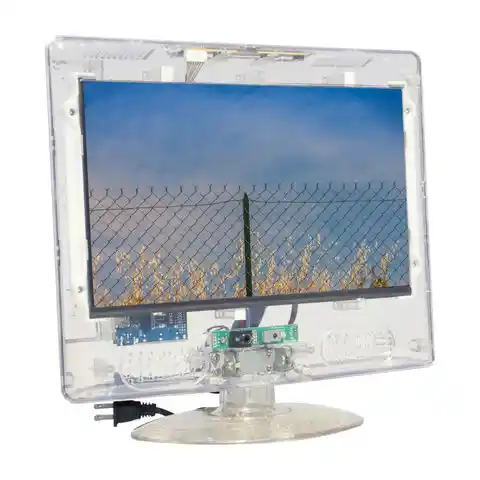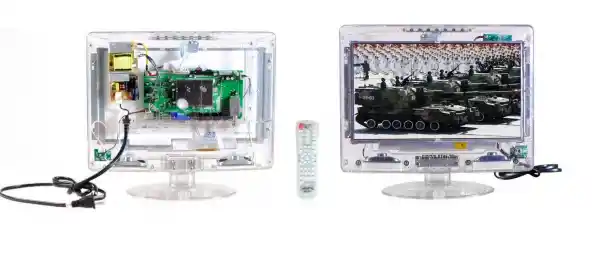Do prisoners have TV in their cells UK?
Do Prisoners Have TVs in Their Cells in the UK? Understanding the System
In discussions around prison life and prisoners’ rights, a common topic of interest is the amenities available to inmates. One frequently asked question is, “Do prisoners in the UK have TVs in their cells?” Let’s delve deeper into this subject to provide clarity.
A Privilege, Not a Right
The idea of prisoners having access to TVs can be contentious. However, it’s essential to clarify from the outset that in UK prisons, having a TV in a cell is considered a privilege, not an inherent right. This means that access can be granted or removed based on the inmate’s behaviour.

Do Prisoners Have TVs in Their Cells in the UK? - Earning the Privilege
Prisons in the UK operate on an ‘Incentives and Earned Privileges’ (IEP) scheme. This system encourages prisoners to follow the rules and engage in positive behaviours. Inmates can be placed on one of three levels:
- Basic: Prisoners on this level have the fewest privileges. They might not have access to a TV.
- Standard: This is the level at which most prisoners start. They might have access to a TV but will have to pay a weekly fee.
- Enhanced: Prisoners on this level have demonstrated sustained good behaviour and are given additional privileges, which might include in-cell TV without the weekly fee.
Content Restrictions
Inmates can’t just flip through channels as they might outside prison walls. They have access to a limited number of channels, and there’s no access to streaming services or on-demand programmes. Additionally, certain content might be restricted due to its nature, especially if it could be deemed as promoting harmful behaviours.
The Purpose of TVs in Cells
While it might seem like a luxury to some, there are practical reasons for allowing TVs in prison cells:
- Behavioural Management: The IEP scheme uses privileges like TV access as an incentive for good behaviour, creating a more manageable environment for prison staff.
- Education & Rehabilitation: Some programmes can be educational and can help prisoners learn new things or gain insights into societal changes, aiding their reintegration upon release.
- Mental Well-being: Prison life is isolating and can be mentally challenging. Controlled access to the outside world, even if it’s just through TV, can help with an inmate’s mental well-being.
The Broader Perspective
Critics argue that prisons should be places of punishment, devoid of what might be perceived as luxuries. However, others believe in a rehabilitative approach to incarceration, where the focus is on helping prisoners reintegrate into society successfully. By this logic, controlled access to amenities like TVs can play a role in keeping prisoners informed, educated, and mentally stable.
In conclusion, while prisoners in the UK do have the opportunity to have TVs in their cells, it’s a privilege tied to good behaviour and comes with restrictions. The debate on whether it should be allowed continues, but understanding the reasons and the rules can lead to a more informed discussion.



